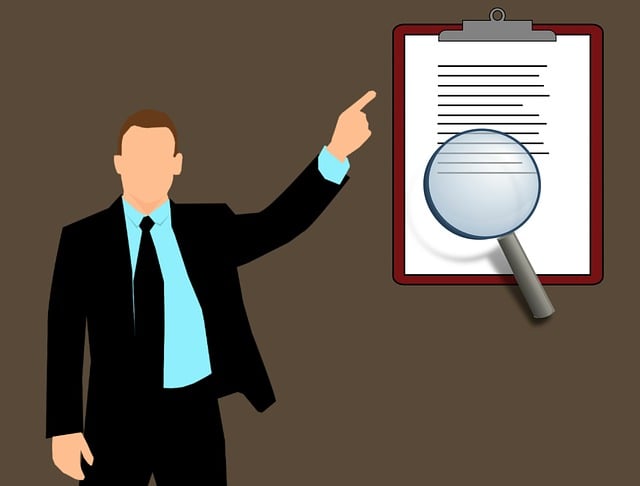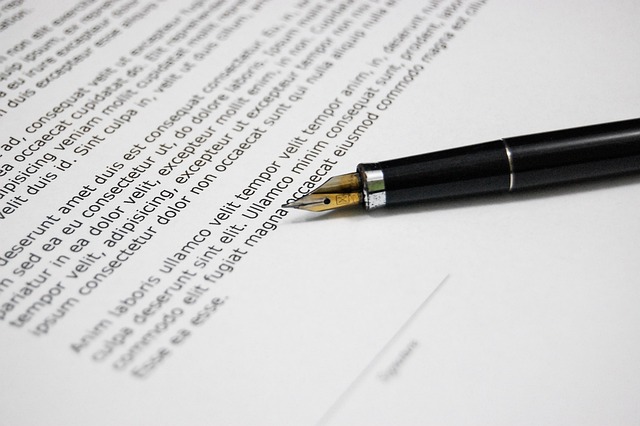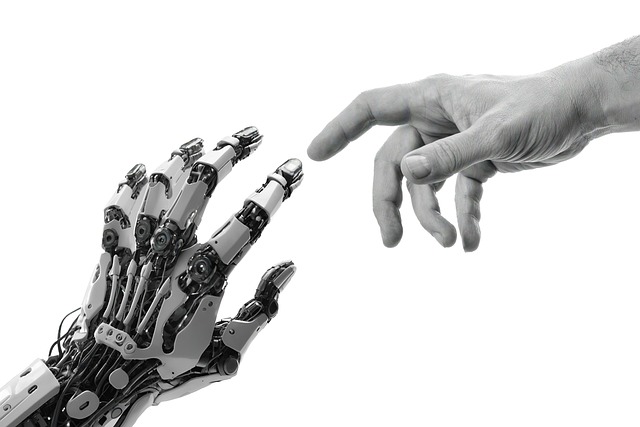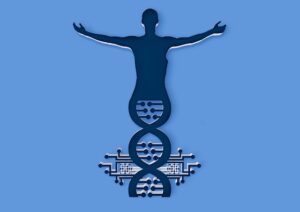In a globalized research landscape, precise translations of UK R&D documents are essential for effective communication, regulatory compliance, and successful commercialization. Professional translation services, combining linguistic expertise with scientific knowledge, ensure accurate conveyance of technical terms while preserving document integrity. These services play a critical role in navigating cultural nuances, enhancing quality assurance processes, and fostering international collaborations for groundbreaking UK research. Selecting reputable providers with strong scientific terminology knowledge, experienced translators, and robust QA processes is key to achieving high-quality translations for global audiences. Advanced technologies like machine learning further streamline and improve the accuracy of these vital translations.
“Enhancing the precision of UK R&D translations is paramount for effective communication in the research landscape. This article delves into the critical aspects of accurate translation, addressing challenges specific to scientific documents. We explore the transformative power of professional translation services, offering insights on selection and fostering trust. Advanced technologies and rigorous quality assurance processes are spotlighted as strategies to elevate precision. By implementing these tactics, organizations can ensure their UK R&D translations align seamlessly with cultural nuances and technical excellence.”
- Understanding the Importance of Accurate UK R&D Translations
- Challenges in Translating Research and Development Documents
- The Role of Professional Translation Services
- Qualities to Look for in a UK R&D Translation Provider
- Ensuring Cultural Relevance in Technical Translations
- Utilizing Advanced Technologies for Enhanced Precision
- Quality Assurance Processes in R&D Translation
- Building Trust with Expert Translators
- Strategies for Continuous Improvement in Translation Accuracy
Understanding the Importance of Accurate UK R&D Translations

In today’s globalised research landscape, precise translations of UK R&D documents are more critical than ever. Accurate translation services for UK Research and Development (R&D) documents ensure that scientific discoveries, research methodologies, and technical specifications are conveyed clearly across languages. This is essential for several reasons: effective communication with international partners, compliance with regulatory requirements, and the successful commercialisation of R&D outcomes.
Imprecise translations can lead to misunderstandings, errors in interpretation, and even legal complications. When dealing with life sciences, engineering, or any highly specialised field, translating technical terms accurately is crucial. Professional translation services employ linguists who not only excel in their native languages but also possess a deep understanding of the subject matter, guaranteeing that the translated content maintains its scientific integrity.
Challenges in Translating Research and Development Documents

Translating UK R&D documents presents unique challenges due to their technical nature, complex terminology, and often narrow margins for error. These documents are crucial for communicating groundbreaking research and innovations, making accurate translation services indispensable. Professional translators must possess a deep understanding of scientific concepts and the ability to convey them fluently in another language, maintaining the integrity of the original content.
Cultural nuances also play a significant role. What seems straightforward in one language might require creative phrasing or even conceptual adaptation in another. For instance, specific research methodologies or experimental designs may have no direct equivalents, necessitating skilled translators who can find apt alternatives. Moreover, regulatory requirements and compliance standards vary across regions, adding another layer of complexity to R&D translations, especially when adapting documents for different markets within the UK or abroad.
The Role of Professional Translation Services

Professional translation services play a pivotal role in enhancing the accuracy and quality of UK R&D document translations. With their deep understanding of scientific and technical terminology, along with expertise in regulatory compliance, these services ensure that your research documentation is accurately conveyed in the target language.
When it comes to UK Research and Development documents, precision is paramount. Professional translators possess the necessary skills and knowledge to navigate complex concepts, abstract ideas, and industry-specific jargon, guaranteeing a faithful and exact representation of your work. This is especially crucial for international collaborations, regulatory submissions, and knowledge-sharing initiatives, ensuring that your research makes a significant impact across global boundaries.
Qualities to Look for in a UK R&D Translation Provider

When choosing a translation service for your UK Research and Development (R&D) documents, several key qualities should be at the top of your list to ensure accuracy and quality. Look for providers that have a deep understanding of scientific and technical terminology specific to R&D fields. This expertise ensures translations are precise and convey complex ideas correctly.
Additionally, opt for companies with experienced translators who possess native-level proficiency in both the source and target languages. This guarantees not only grammatically correct translations but also maintains the natural flow and tone of your original content. Reputable translation services should also offer quality assurance processes, including proofreading and editing by subject matter experts, to catch any potential errors or inconsistencies.
Ensuring Cultural Relevance in Technical Translations

When translating UK R&D documents, cultural relevance is paramount. Technical translations that ignore contextual nuances can lead to misunderstandings or even misinterpretations, undermining the integrity of your research. A skilled translator for UK Research and Development Documents understands not only the technical terminology but also the cultural landscape. They tailor their approach to align with industry standards, regulatory requirements, and the target audience’s expectations.
This involves more than just replacing words from one language to another. It requires an understanding of idiomatic expressions, cultural references, and even humor (where applicable) to ensure that the translated document resonates with readers in a meaningful way. By ensuring cultural relevance, you can avoid potential pitfalls, foster clear communication, and maximize the impact of your R&D translations.
Utilizing Advanced Technologies for Enhanced Precision

In today’s digital era, advanced technologies have revolutionized translation services for UK Research and Development (R&D) documents. Tools like machine learning algorithms and neural machine translation offer unprecedented levels of precision and speed. These innovations enable translators to handle complex technical jargon and specialized terminology with ease, ensuring that the translated content accurately reflects the original R&D materials.
Moreover, automated post-editing and quality assurance processes further enhance the accuracy of UK R&D translations. These technologies not only streamline the translation workflow but also minimize errors, enhancing overall precision. By leveraging these advanced tools, translation service providers can deliver high-quality, reliable translations that meet the stringent requirements of the UK R&D sector.
Quality Assurance Processes in R&D Translation

Ensuring the highest level of accuracy is paramount when it comes to translating UK Research and Development (R&D) documents, as even a single error can have significant implications. Translation services for UK R&D documents should incorporate rigorous Quality Assurance (QA) processes into their workflow. These procedures act as a filter, catching and rectifying any discrepancies that might have slipped through the initial translation stage.
The typical QA process involves several layers of review and editing. It begins with post-translation proofreading, where a native language speaker checks for grammatical errors, consistency in terminology, and overall fluency. Following this, a subject matter expert (SME) revises the document to ensure technical precision and accuracy in specialized terms. This iterative approach guarantees that the final translated R&D document is not only linguistically correct but also conceptually faithful to the original source material.
Building Trust with Expert Translators

When it comes to UK R&D translations, building trust with expert translators is paramount. It ensures that technical accuracy and scientific integrity are maintained throughout the translation process, which is vital for research documents where even a minor error can have significant implications. Reputable translation services specialising in R&D often employ native speakers with extensive experience in the field, capable of understanding complex terminology and nuances specific to scientific writing.
This trust is cultivated through transparency and clear communication. Effective collaboration between clients and translators involves sharing detailed briefings, providing access to relevant resources, and maintaining open lines of communication. By fostering a collaborative environment, you can ensure that your UK research and development documents are translated with precision, cultural sensitivity, and an eye for detail, making them suitable for international audiences.
Strategies for Continuous Improvement in Translation Accuracy

To enhance the precision of your UK R&D translations, adopt a strategy focused on continuous improvement. Start by selecting reputable translation services with a proven track record in handling scientific and technical documents. These services should employ qualified linguists who are not just fluent but also possess expertise in your specific field.
Regularly evaluate the translated outputs, comparing them against source materials to identify recurring discrepancies. This feedback loop is crucial for refining translation memory and glossaries, ensuring that terms are consistently rendered accurately over time. Leveraging machine learning tools can also aid in this process by automatically suggesting improvements based on existing translations, though human oversight remains essential for maintaining high precision standards in UK R&D document translations.
To ensure the precision of your UK R&D translations, consider implementing professional translation services that specialize in technical documents. By understanding the unique challenges these documents present, leveraging advanced technologies, and maintaining rigorous quality assurance processes, you can achieve cultural relevance and enhanced accuracy. Building trust with expert translators who employ strategies for continuous improvement will ultimately elevate the quality of your research and development communications, ensuring your messages are conveyed clearly and effectively across languages. For optimal results, partner with a provider offering translation services tailored to UK R&D documents.
